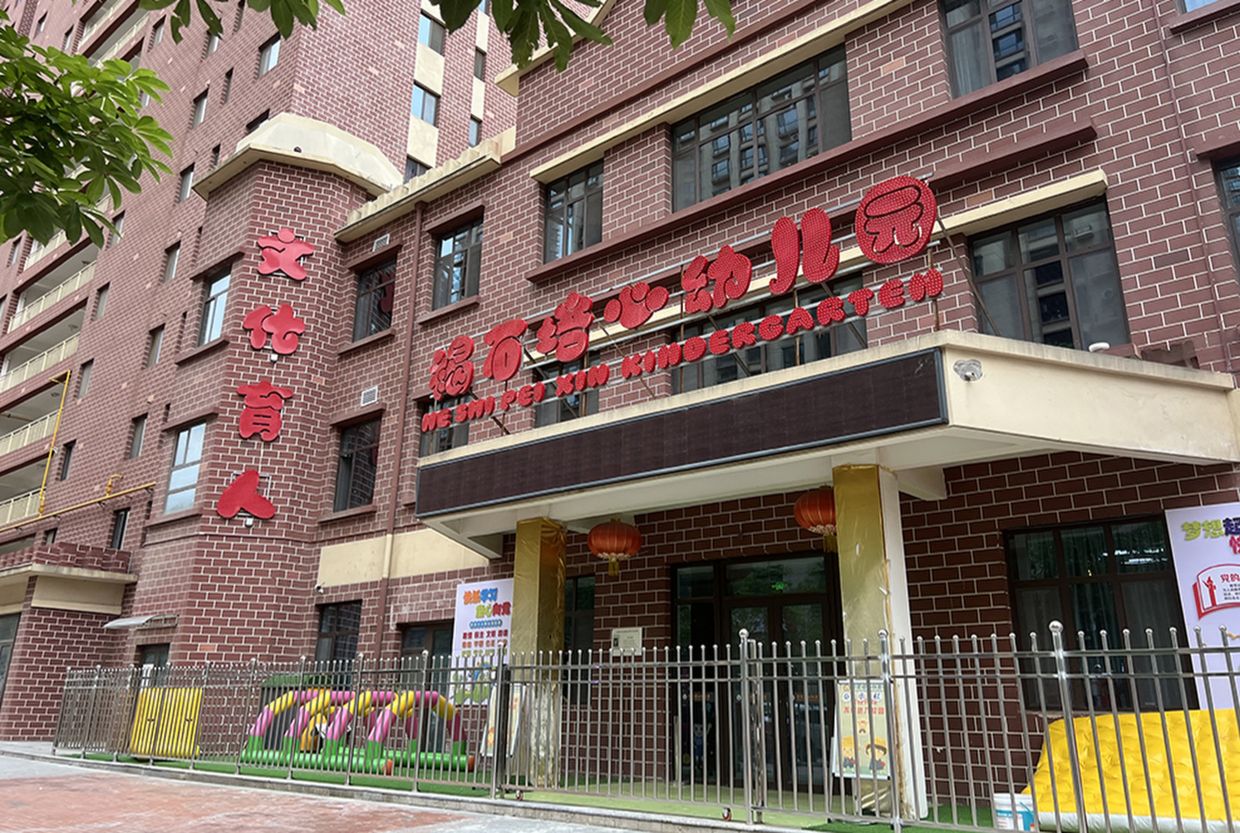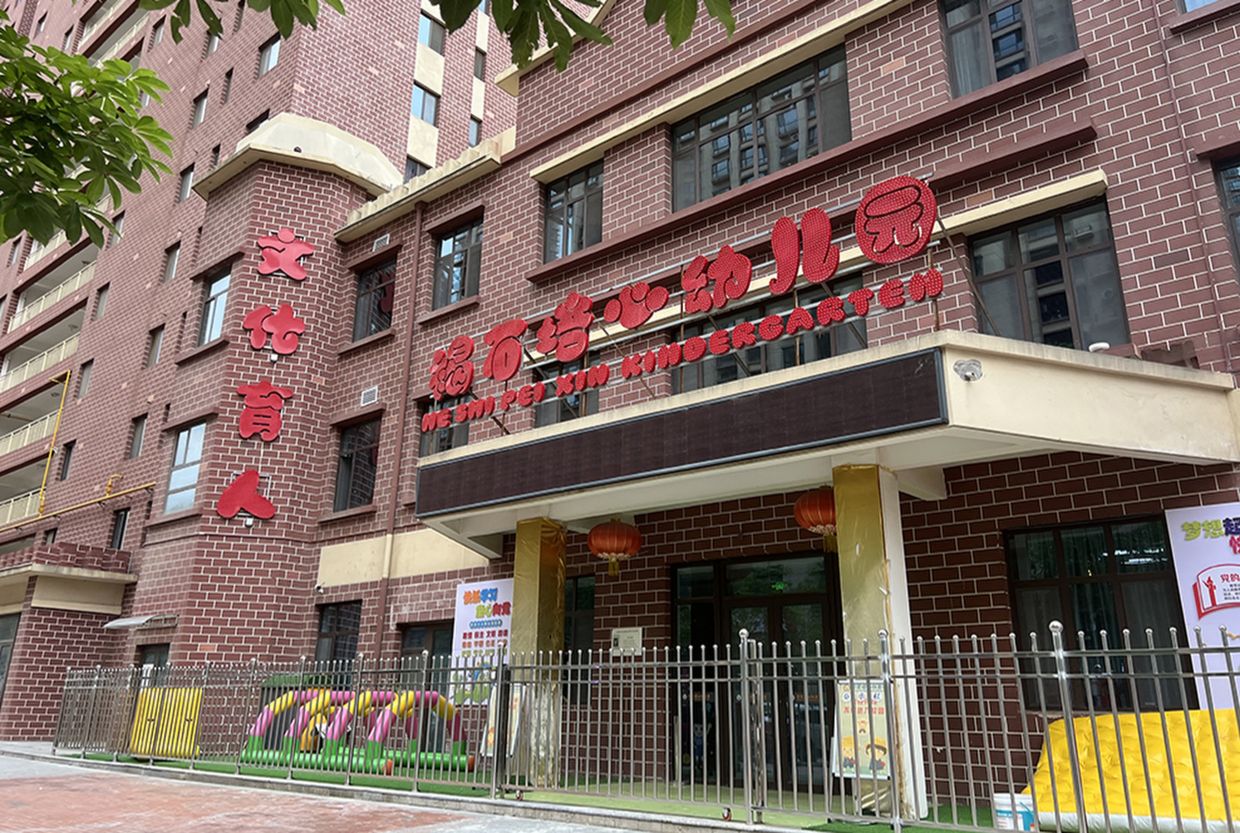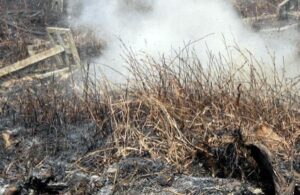
China‘s worst food safety scandal in almost two decades, in which hundreds of children suffered lead poisoning, has prompted fresh questions about the quality of local governance.
On Sunday, the authorities in the northwestern province of Gansu said 10 local officials were under investigation over the incident in the city of Tianshui.
One political scientist, speaking on condition of anonymity, said the slow response to the incident showed how local officials “try to avoid taking responsibility”.
He added that a “passive feedback mechanism” made it hard for the public to obtain accurate information.
The investigation found that a local hospital and the provincial centre for disease control and prevention (CDC) had falsified test results.
On Monday, the media outlet Caixin published a commentary questioning whether the data falsification was “motivated by pressure or profit”.
It said that children at the Peixin kindergarten had been tested for more than a year after a cook first used lead paint to colour food, but local hospitals had not reported any problems.
It said the Tianshui authorities had ample time to act, but “unfortunately every opportunity was missed”, blaming official “corruption and inaction”.
The official investigation found that the education bureau of Maiji district, where the kindergarten was located, had ignored illegal enrolments and had not conducted any food safety inspections of private kindergartens over the past two years.
Officials from both the education bureau and the district’s market supervision bureau are now being investigated over allegations that they had taken bribes from the kindergarten owner.
Eight people, including the kindergarten owner and principal, have been detained over the scandal.
Media reports said that parents had only received confirmation that their children had been poisoned after they went to the neighbouring province of Shaanxi for testing.
Caixin said the main hospital in Tianshui and the local CDC “had failed again”.
The media outlet warned that if local government scandals needed higher-level interventions, this would “signify greater governance risks”.
“Judging from the fact that many local officials involved in the incident have been dealt with for other violations and disciplinary offences, local governance in some places has indeed suffered a visible decline,” the article said.
Hu Xijin, former editor-in-chief of Global Times newspaper, said the incident had highlighted the “chaos in food safety governance” in Tianshui.
He also said that the initial attempts by the Tianshui authorities to cover up the incident showed that “local officials had failed miserably in communicating with the public”.
“They thought the public would accept their monopoly on information, that they would believe whatever they were told and see whatever they were allowed to see. This is a serious mistake in governance,” he said.
On Sunday, the investigation team said 247 of the 251 kindergarten’s pupils and 28 staff members had shown signs of lead poisoning, along with five former pupils.
On Monday, state broadcaster CCTV reported that China‘s market regulator had issued new food safety guidelines for schools.
The lead poisoning scandal in Tianshui is the biggest food safety crisis in China since 2008, when around 300,000 children were poisoned after melamine, a chemical used to produce plastics, was added to powdered milk. – SOUTH CHINA MORNING POST






